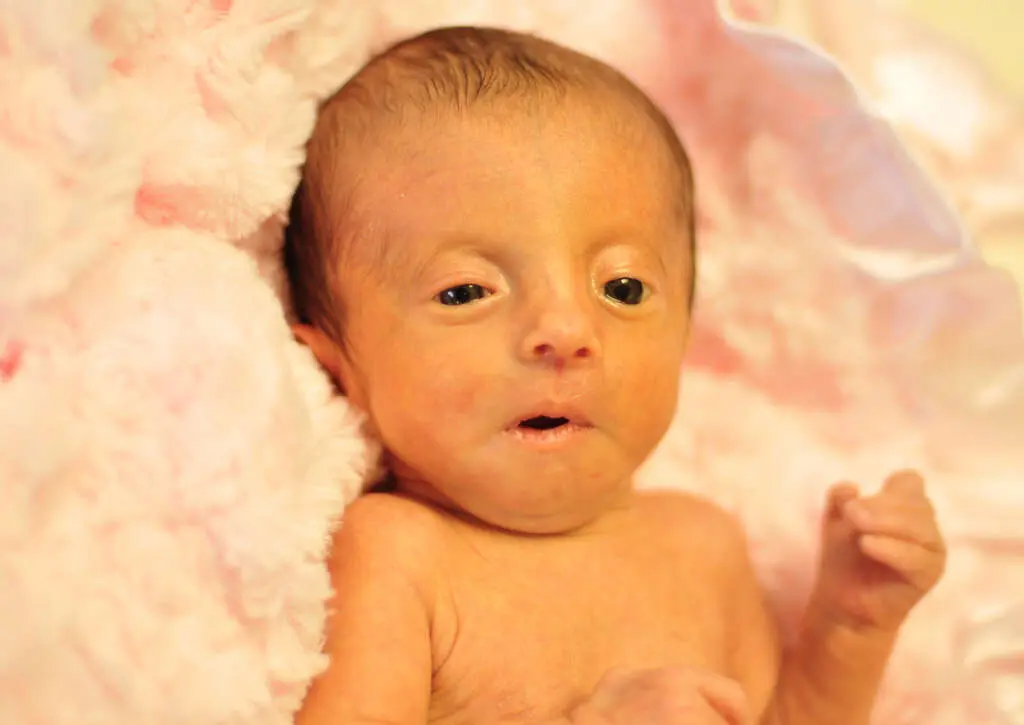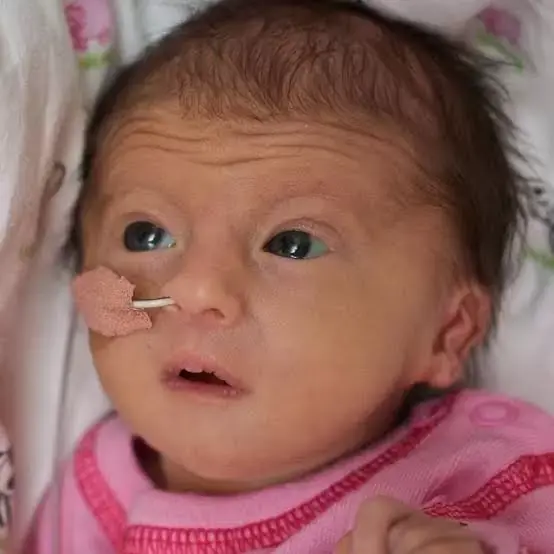Can Edwards’ Syndrome be Cured?
No
No cure; management focuses on providing supportive care, addressing medical and developmental needs, and improving quality of life

What is Edwards’ Syndrome?
Edwards’ syndrome, or trisomy 18, is a genetic disorder caused by the presence of an extra chromosome 18. It leads to severe developmental delays and multiple organ abnormalities. Management involves supportive care, as individuals with trisomy 18 often have a short lifespan.

Clinical Aspects

Characteristics
Genetic disorder caused by an extra copy of chromosome 18

Symptoms
Intellectual disabilities, heart defects, distinctive facial features

Diagnosis
Genetic testing, imaging studies

Prognosis
Variable; often associated with severe intellectual and physical disabilities

Complications
Developmental challenges, complications of associated conditions
Etiology and Treatment

Causes
Chromosomal abnormalities during fertilization, more common with advanced maternal age

Treatments
Supportive care, addressing specific symptoms, early intervention services

Prevention
Supportive care, addressing specific symptoms, early intervention services
Public Health and Patient Perspectives

Epidemiology
Genetic disorder involving abnormal chromosome 18

Patient Perspectives
Supportive care and addressing associated complications are crucial
While the information presented here reflects the current knowledge about these conditions and treatments, it’s important to understand that individual cases may differ. Consulting with a healthcare professional is crucial for accurate information tailored to your specific needs.
Share: